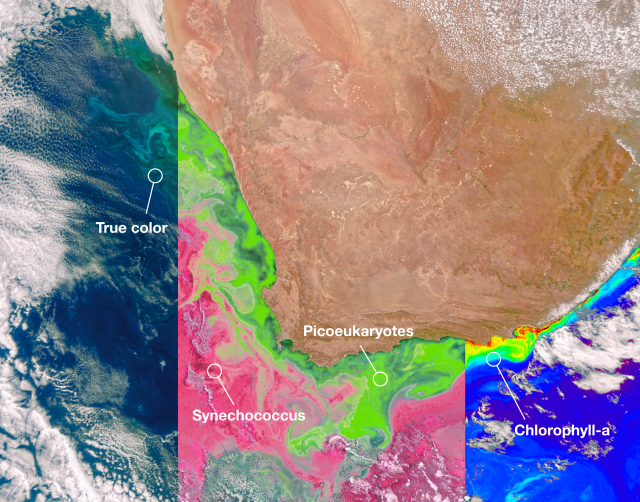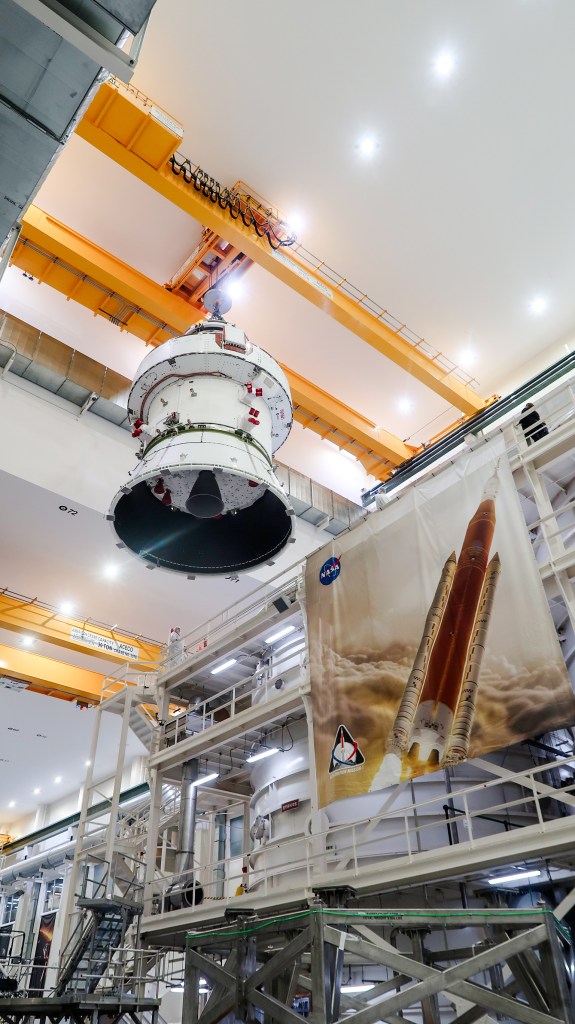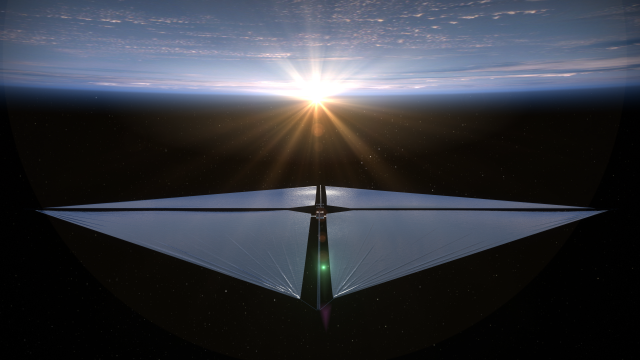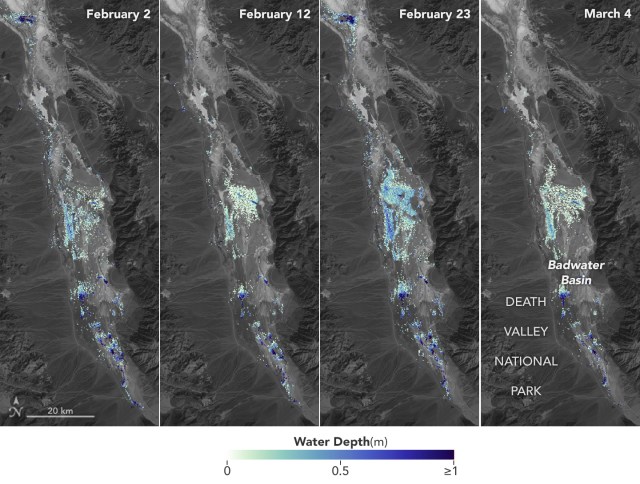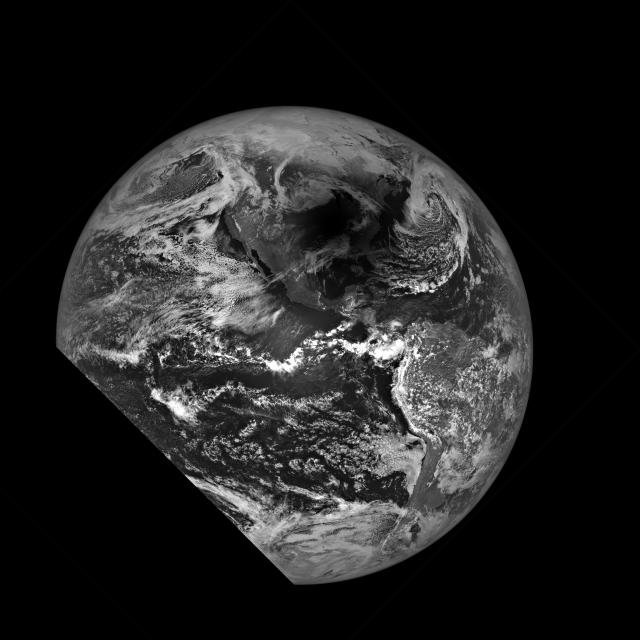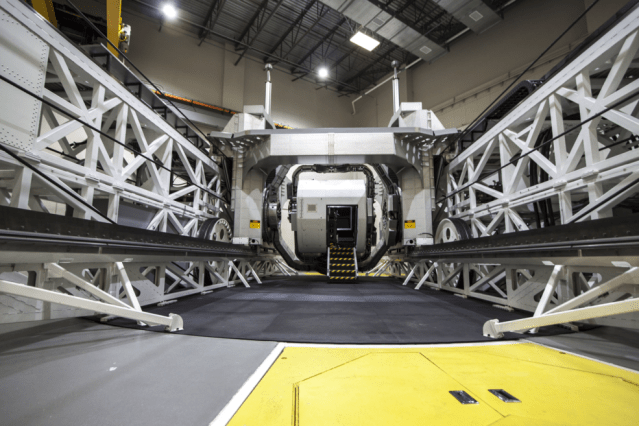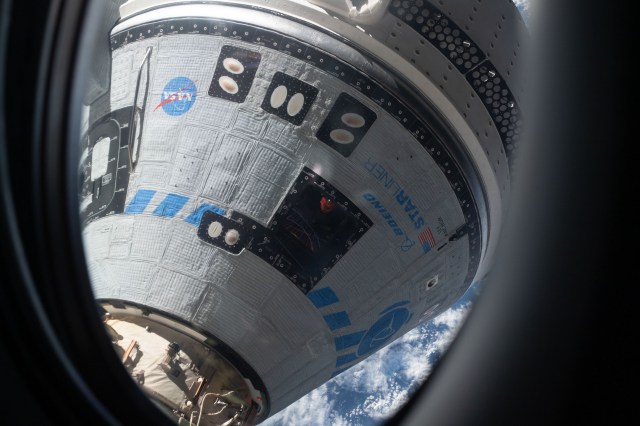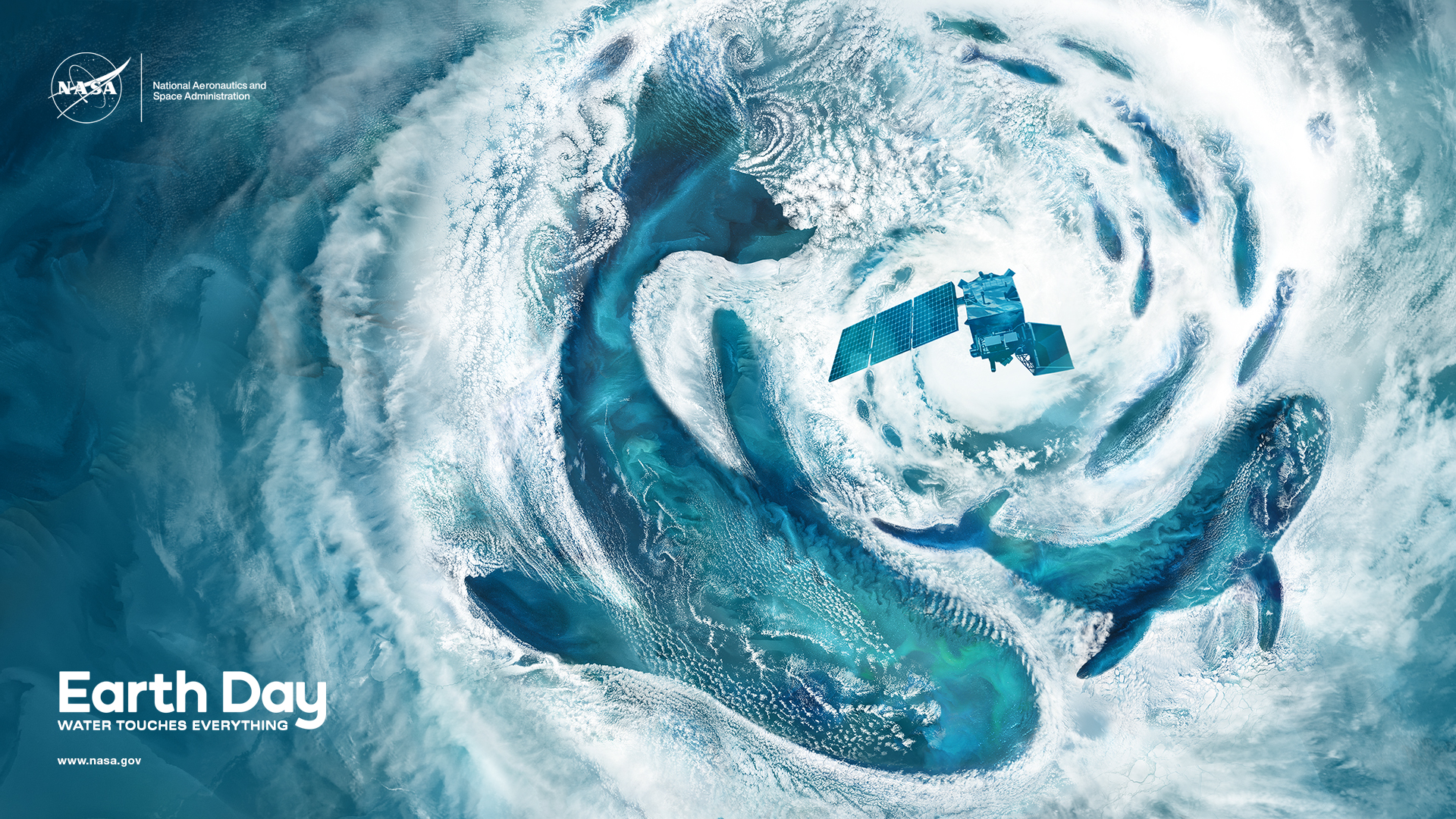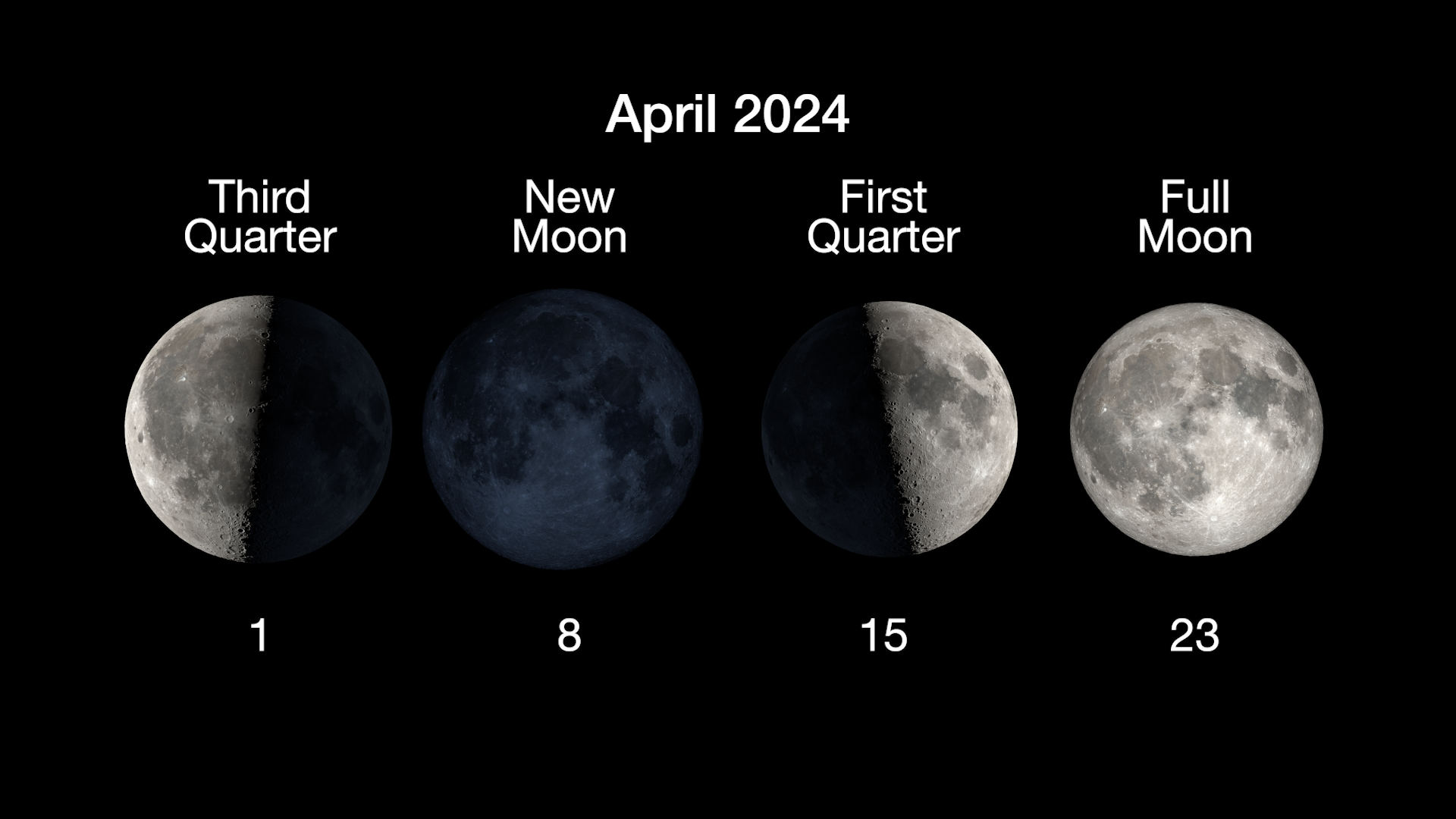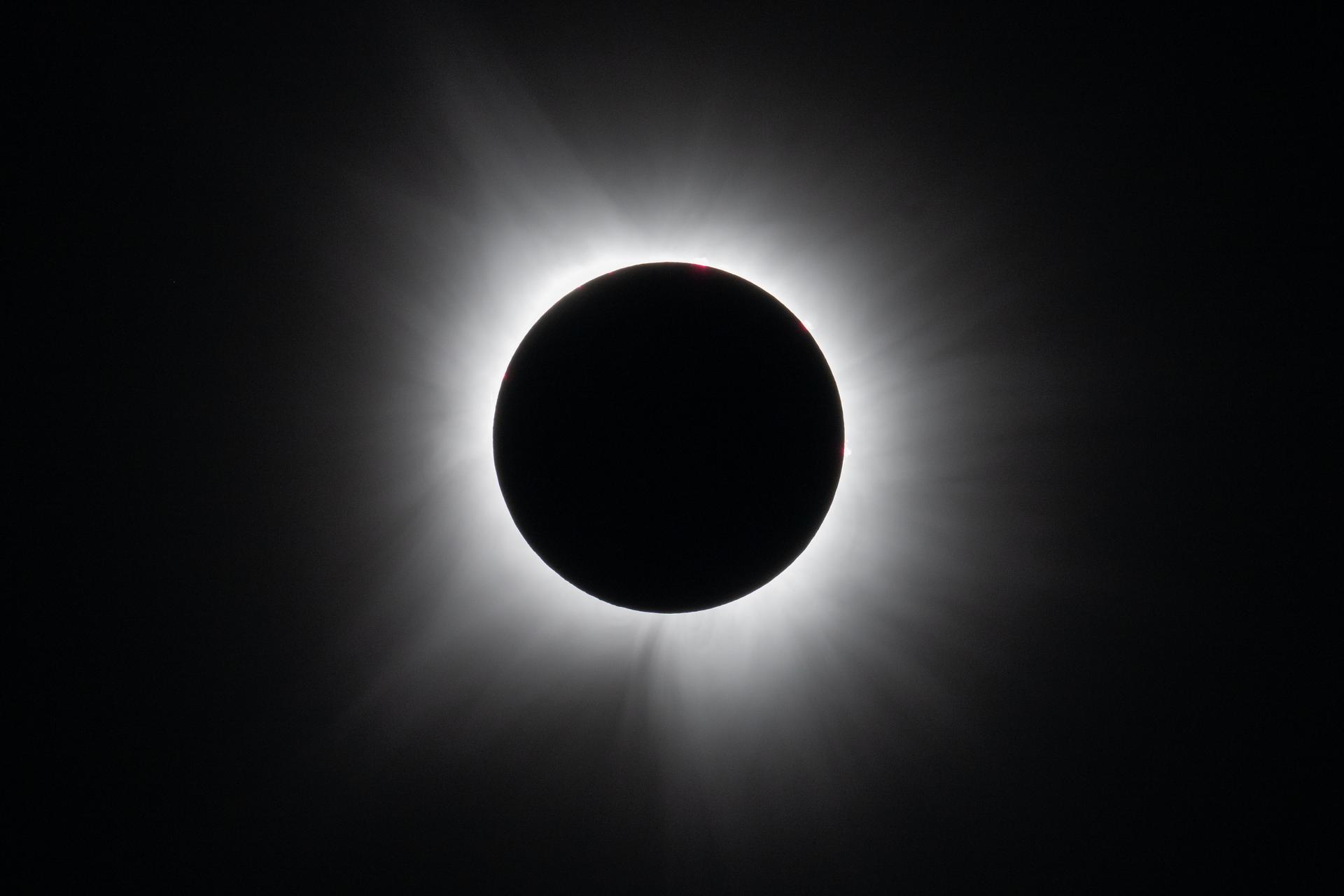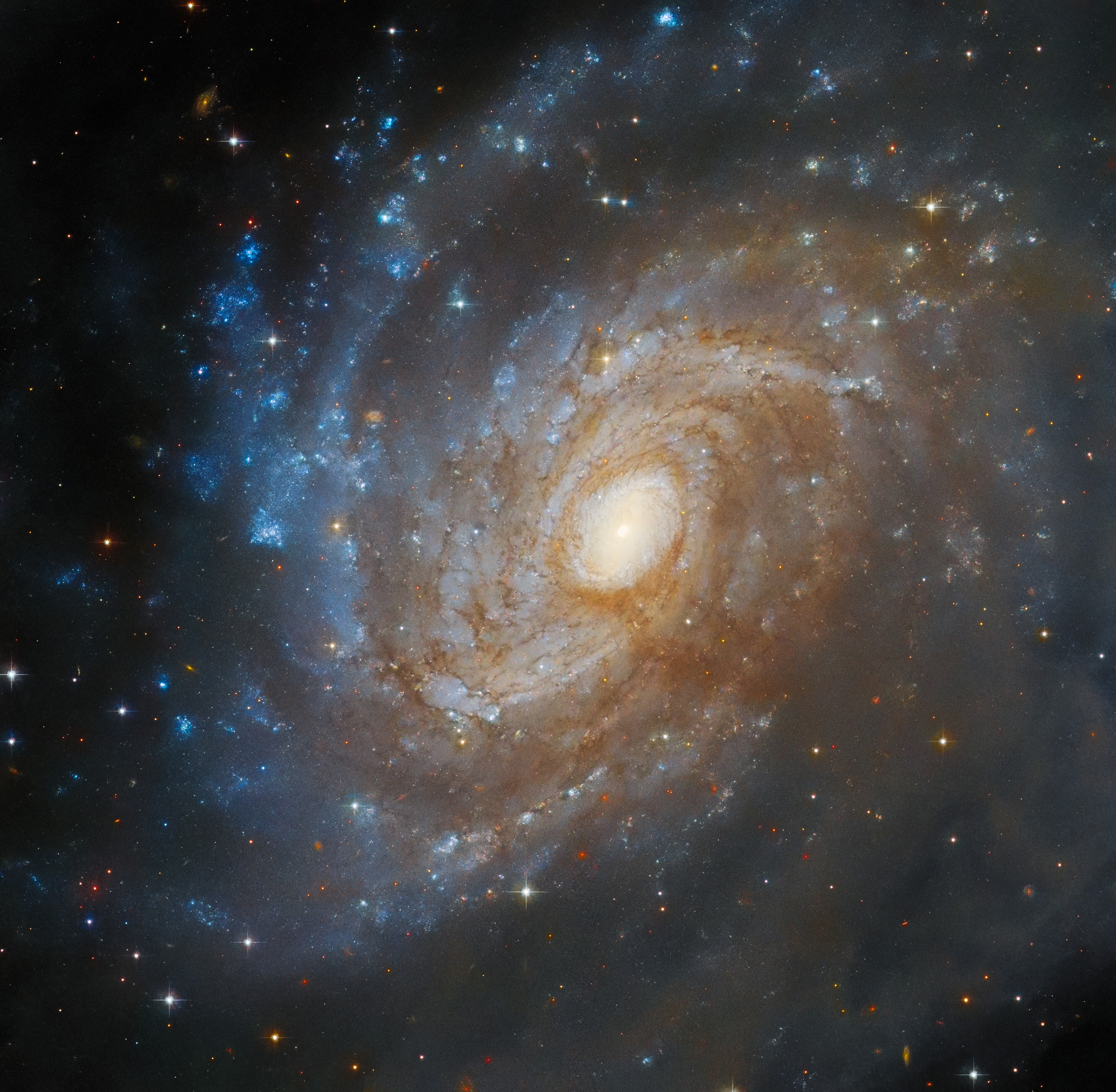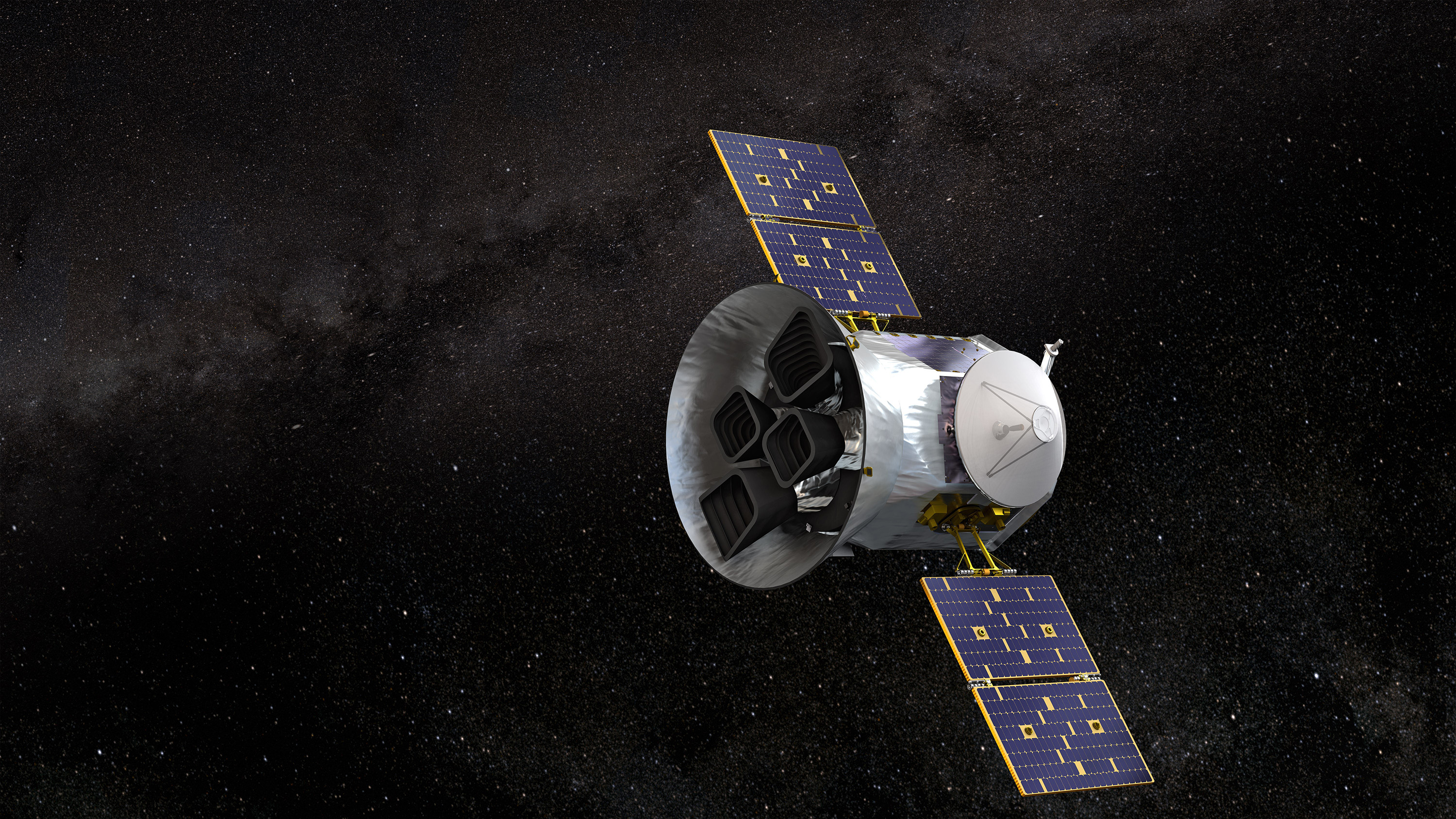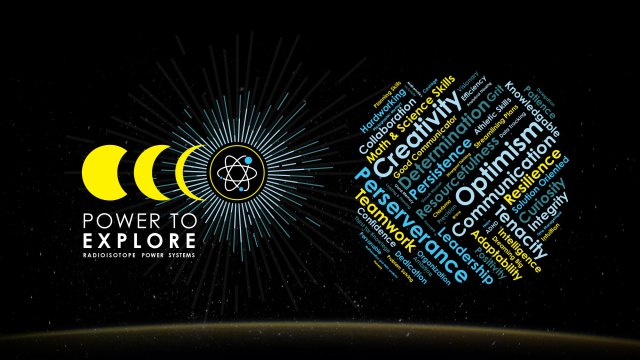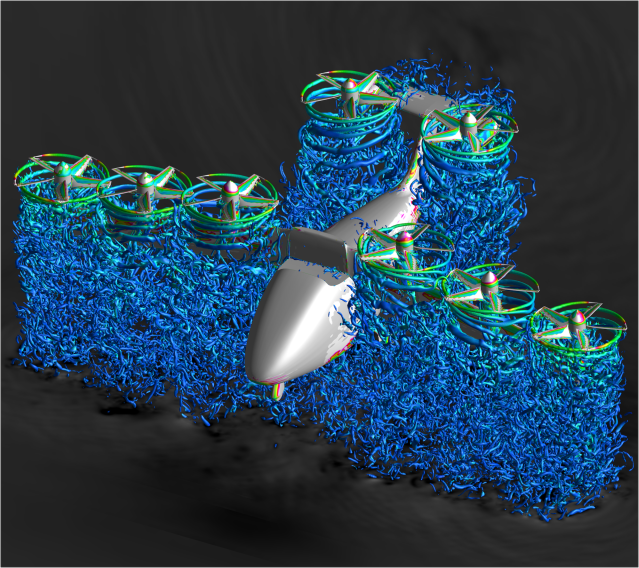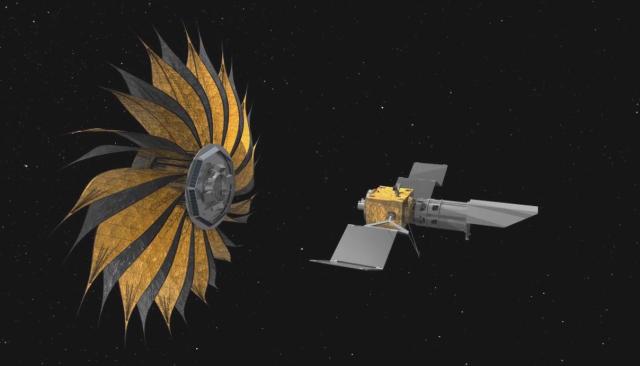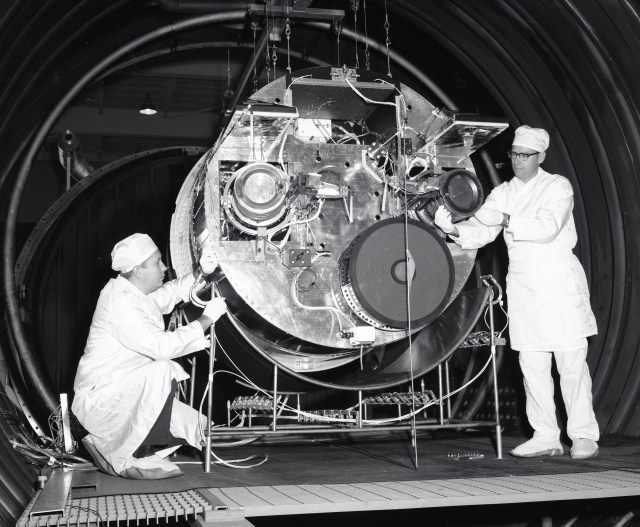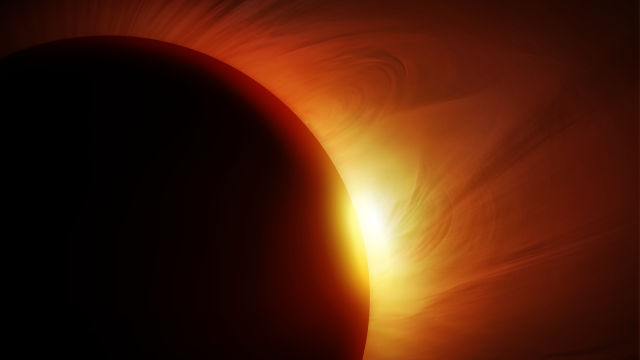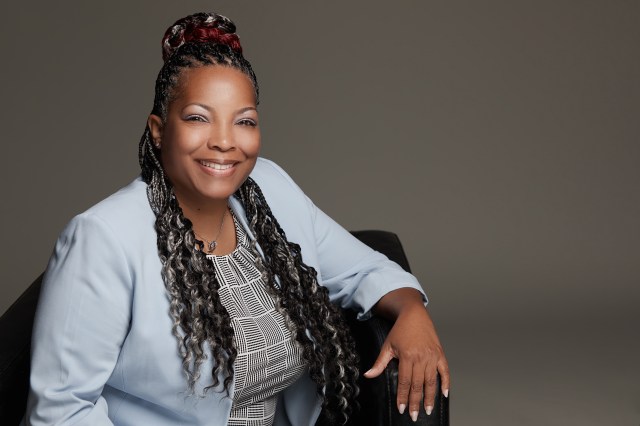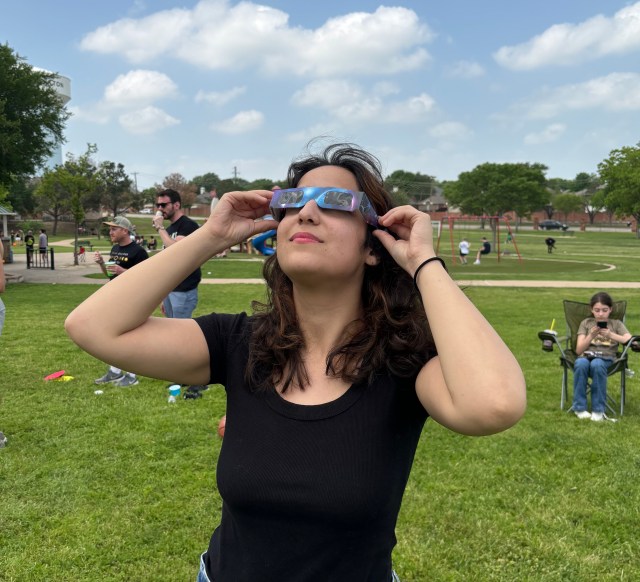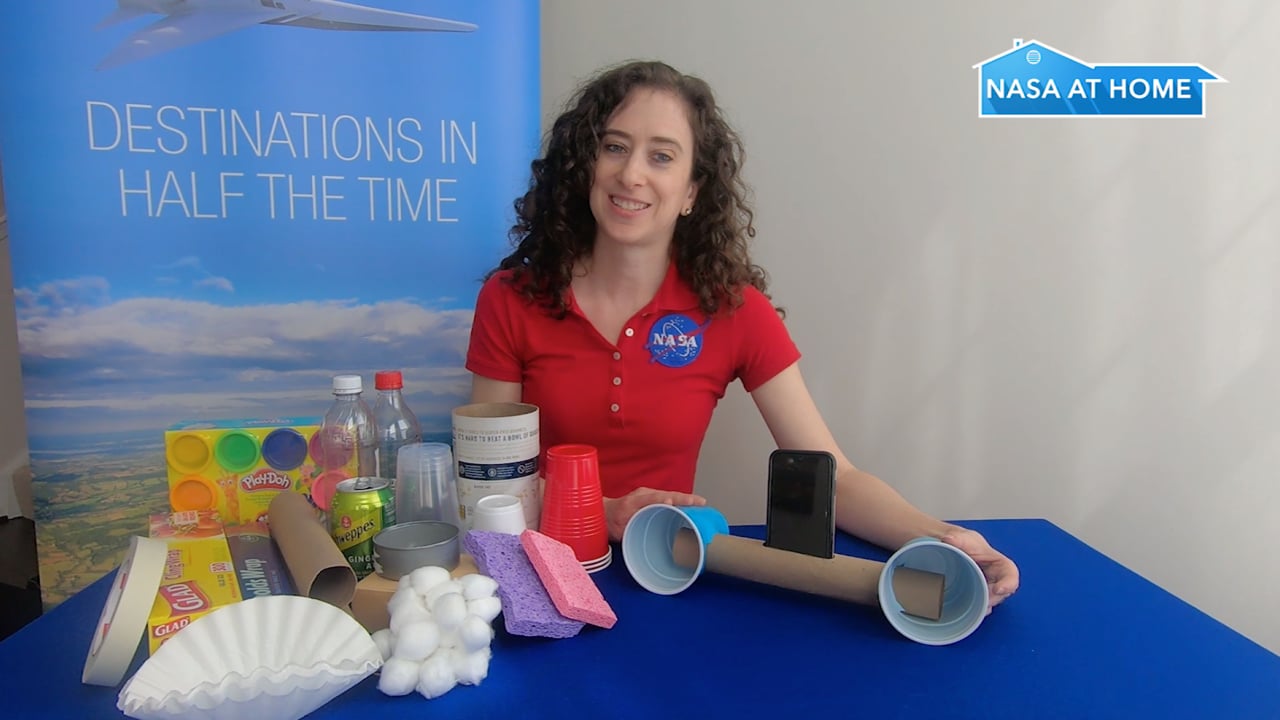
Getting the word out about the goings-on at NASA is part of the job for Lindsay Thornton. The senior education specialist at NASA’s Langley Research Center in Hampton, Virginia, does it with a bit of humor, which has been shown in a series of educational videos for a PBS affiliate.
“I get to be creative and a little goofy, learn more about NASA’s projects and know I’m helping educate and inspire kids from all backgrounds to be a part of the NASA family,” she said.
With the current COVID-19 pandemic and the disruption it has caused to education systems, it’s paramount for students to keep their educational skills sharp and retention rates high.
“STEM education is extremely important right now, probably more so than ever,” Thornton said. “All subjects other than math and English are taking a bit of a back burner in a lot of cases and we provide activities that can incorporate both those subjects for teachers so that kids are gaining the skills they need and experience the rest of STEM, not just the math portion, without getting behind.”
The series of videos, known as NASA at Home, features NASA-produced videos and resources for students in grades 4-7. In each episode, Thornton reinforces science concepts by demonstrating hands-on activities that can be done at home using easy-to-find materials. Thornton hosts the series for VPM, the PBS TV and NPR radio affiliate for Richmond, Central Virginia and the Shenandoah Valley.
“The combination of footage filmed by educators at home, combined with segments from the vast NASA video library, really raised the quality of these productions,” said Debbie Mickle, the director of Science Matters for VPM.
The three videos focus on sound and NASA’s newest experimental aircraft, NASA’s Commercial Crew Program and SpaceX’s historic launch to the International Space Station, and the Mars 2020 Perseverance Rover. They aired this spring and VPM will re-air them in the summer and fall. Each episode is correlated with the Virginia Standards of Learning educational assessments.
The videos were about broad topics but required quite a bit of editing and video magic to make them happen – as the Langley workforce to working from home due to the COVID-19 pandemic.
“NASA has lots of great content in existence, inspiring and informative short videos, activities, and more,” Thornton said. “I take what is already out there and find a way to tie it together, interweaving: fun facts, SOL-related material, NASA videos and educational content, and a dash of humor. It sounds simple, but it is actually harder than it looks.”
This isn’t the first time VPM has worked with Langley as the two entities have produced content and events for a number of years together, Mickle said.
“It’s a perfect partnership because both of our organizations want to inspire the next generation of space explorers and raise awareness about the important role that NASA Langley Research Center plays in the research and development of NASA space missions,” she said.
“NASA has lots of great content in existence, inspiring and informative short videos, activities, and more. I take what is already out there and find a way to tie it together, interweaving: fun facts, SOL-related material, NASA videos and educational content, and a dash of humor. It sounds simple, but it is actually harder than it looks.”
– Lindsay Thornton, senior education specialist at NASA’s Langley Research Center
The videos were a hit with VPM officials and its viewership, Thornton said.
“Parents and educators are confident in the quality of these programs and the programs that air around them,” Mickle said. “Parents don’t have to worry about the content.”
The videos were produced by Langley’s Office of STEM Engagement and Media Services Branch.
“With many schools returning this fall virtually, I think both the students and teachers can certainly use our videos to supplement their learning and teaching environments,” said Kathy Marshall Guild, a video producer at Langley’s Media Services Branch who helped worked on the project.
The goal of these videos is to serve the segments of students who have inadequate internet access or none at all. In 2018, according to the U.S. Census Bureau, over 14.5 million households in the United States have no internet at all; in Virginia alone, an estimated 360,402 households have no internet access. These are people who may have students at home with no access to online content and who the videos are aiming to reach through these free over-the-air TV episodes, Thornton said.
“It’s also been stated that 30 percent of rural communities in Virginia do not have access to high-speed internet,” Mickle said. “Public television is available to families with or without a cable service, which helps address issues of equity in education at this difficult time.”
As school systems across the nation are looking to handle learning this fall, Langley has stepped up to provide high-quality educational and entertaining content to a range of audiences and learning levels. This partnership has already planted the seed for the next episodes in this project.
“We will be doing at least one more for them on NASA’s Artemis mission and the Moon and then we’ll see what the future brings!” Thornton said.
The first three episodes are available to view online via the VPM Science Matters website or the YouTube links below:
Eric Gillard
NASA Langley Research Center

